Theories of Communication: Enhancing Teaching, Learning & Assessment
VerifiedAdded on 2024/06/28
|10
|459
|484
Report
AI Summary
This report delves into the theories of communication pertinent to teaching, learning, and assessment, emphasizing the significance of communication in education. It explores cognitive learning theory, highlighting its key factors such as experimental psychology, the shift from behaviorism to cognitivism, language acquisition, and the application of computer and artificial intelligence. The report outlines the principles of cognitive learning theory, including sensation, perception, attention, encoding, and memory. Furthermore, it examines Ginott’s theory of congruent communication, focusing on harmonious communication styles, sane messaging, self-discipline cultivation, acknowledgment over vilification, and strong teacher-student linkages. The conclusion stresses the importance of initiating communication from teachers and motivating student participation, alongside practicing anger control for improved performance and learning. Desklib provides access to this and other solved assignments, offering students valuable study resources.
1 out of 10
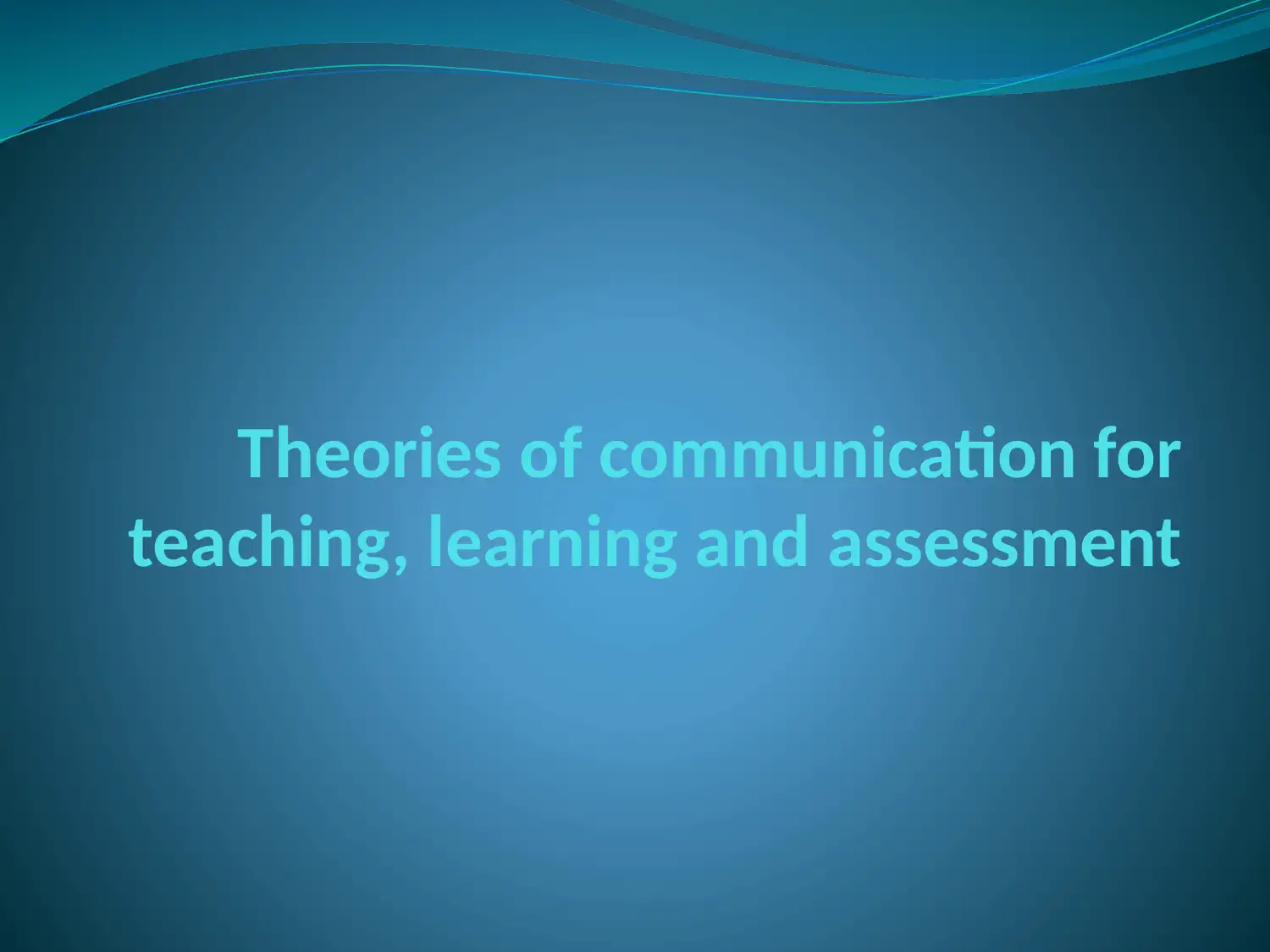
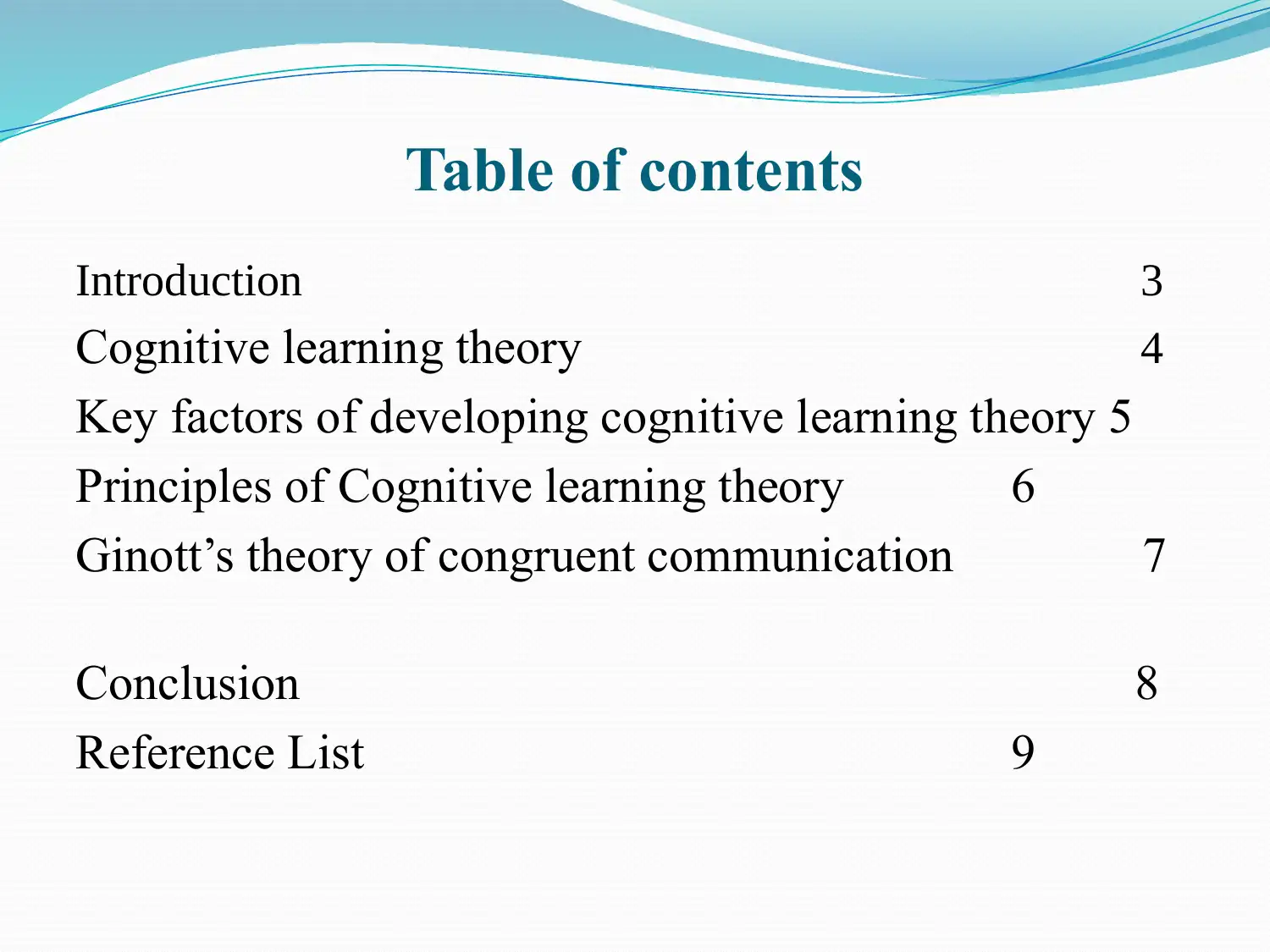
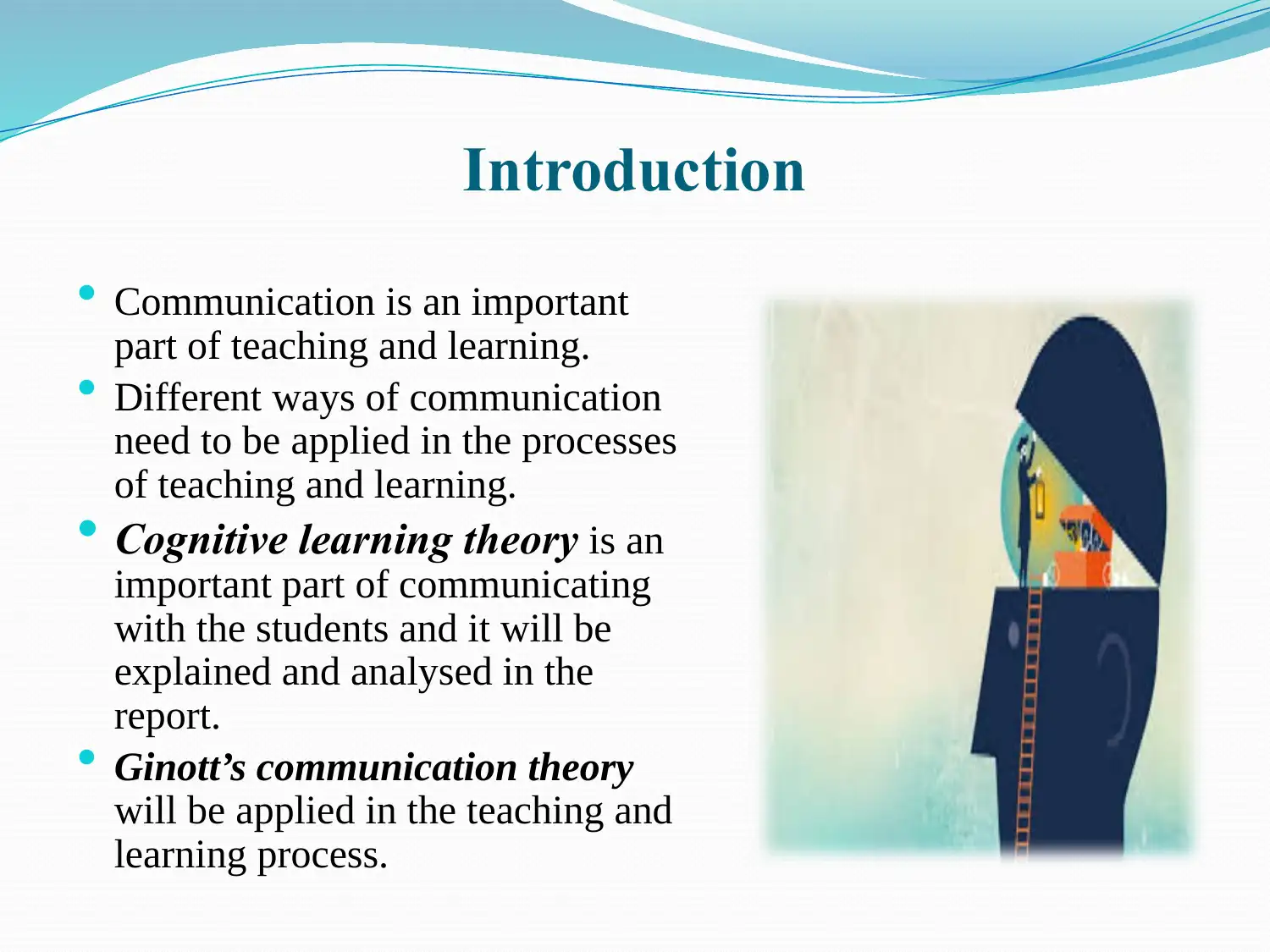

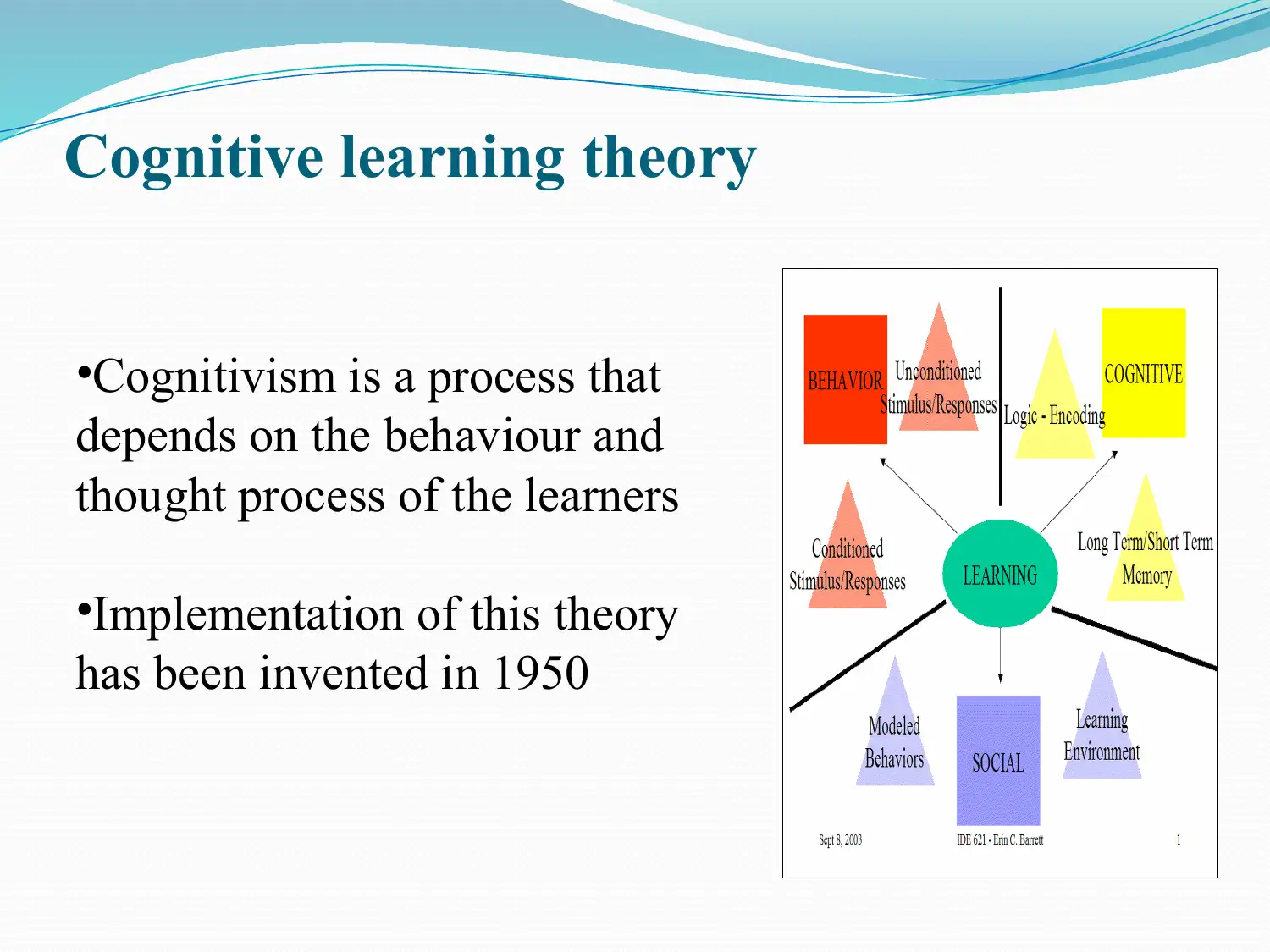
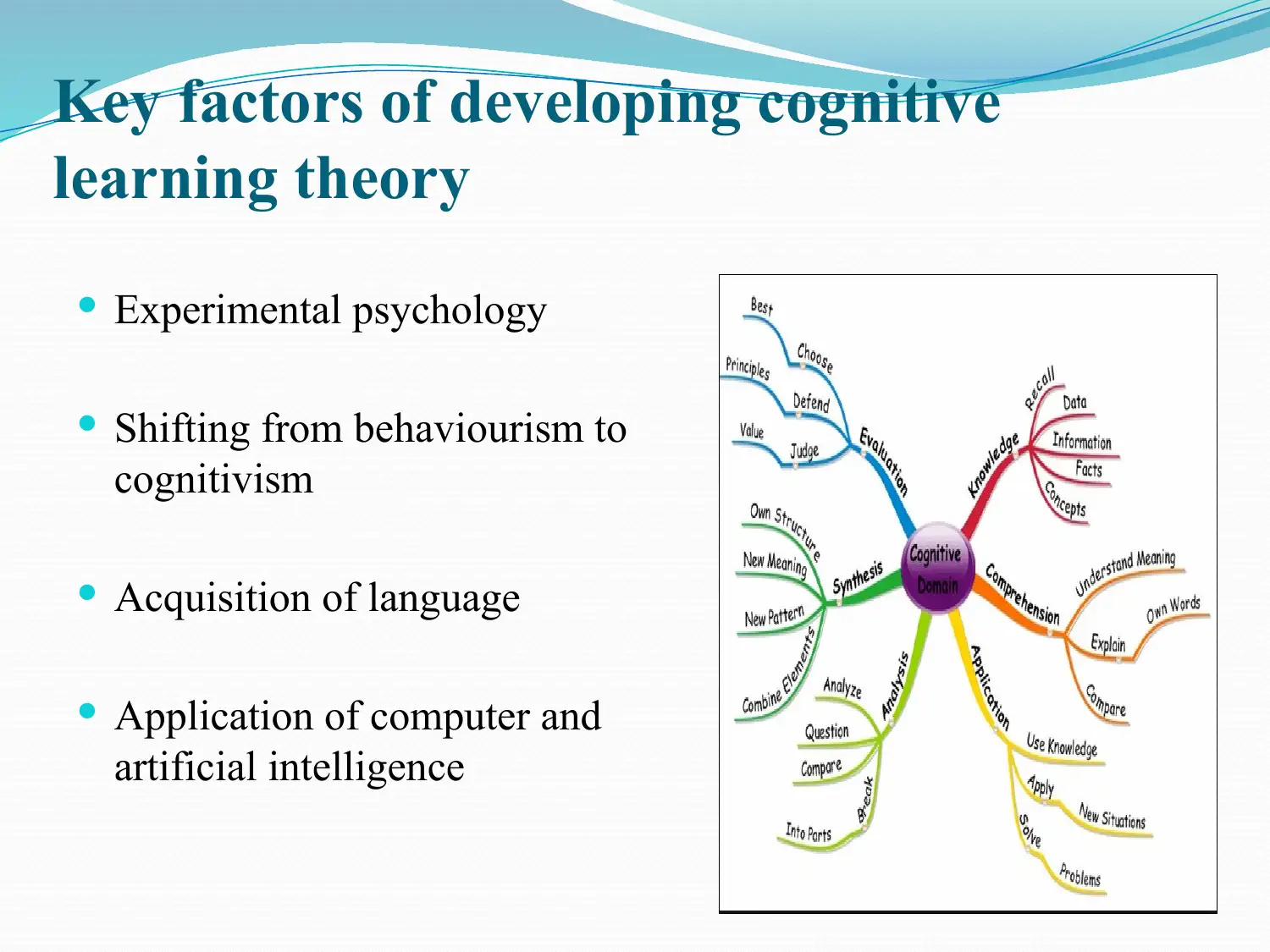
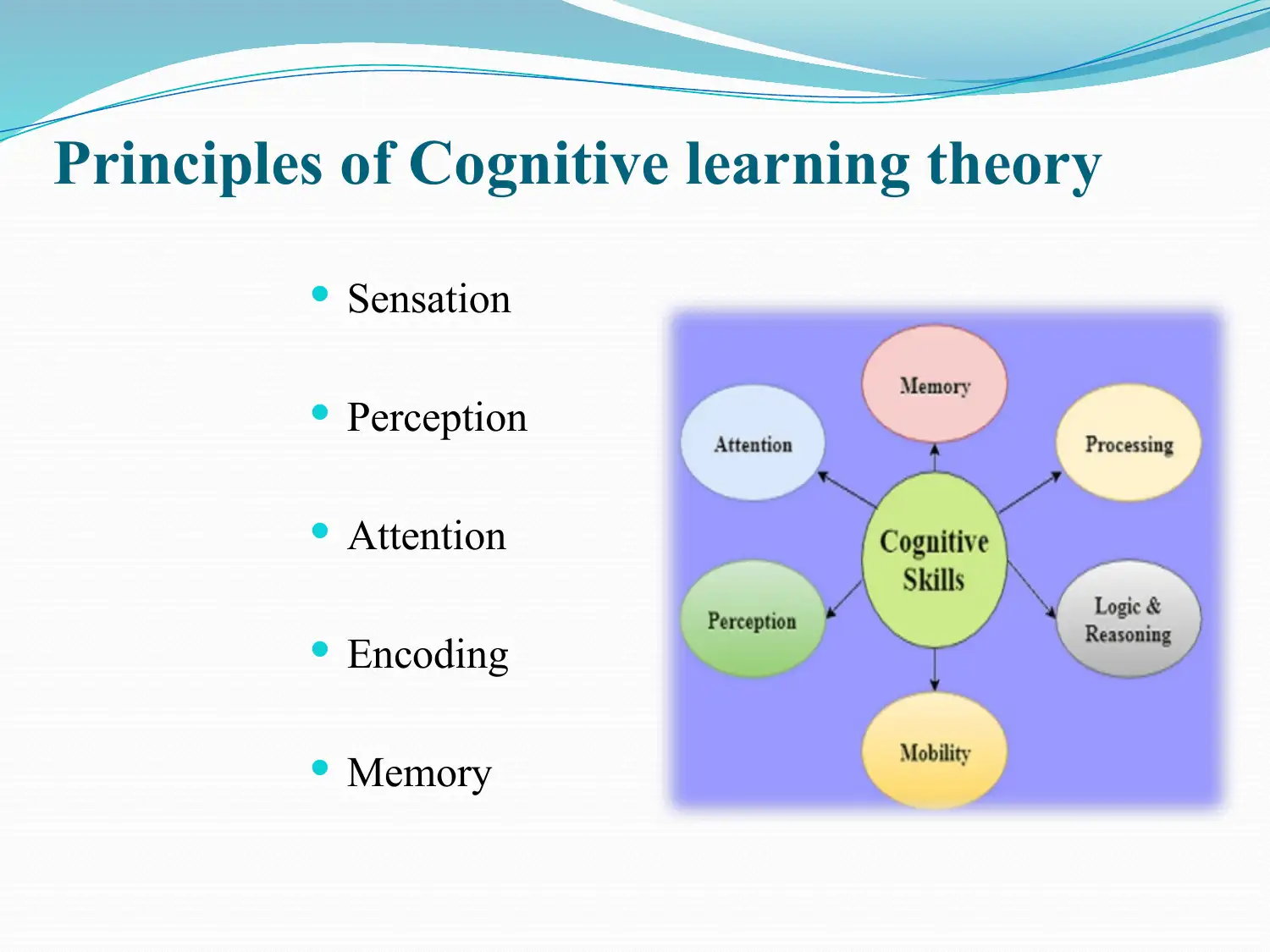
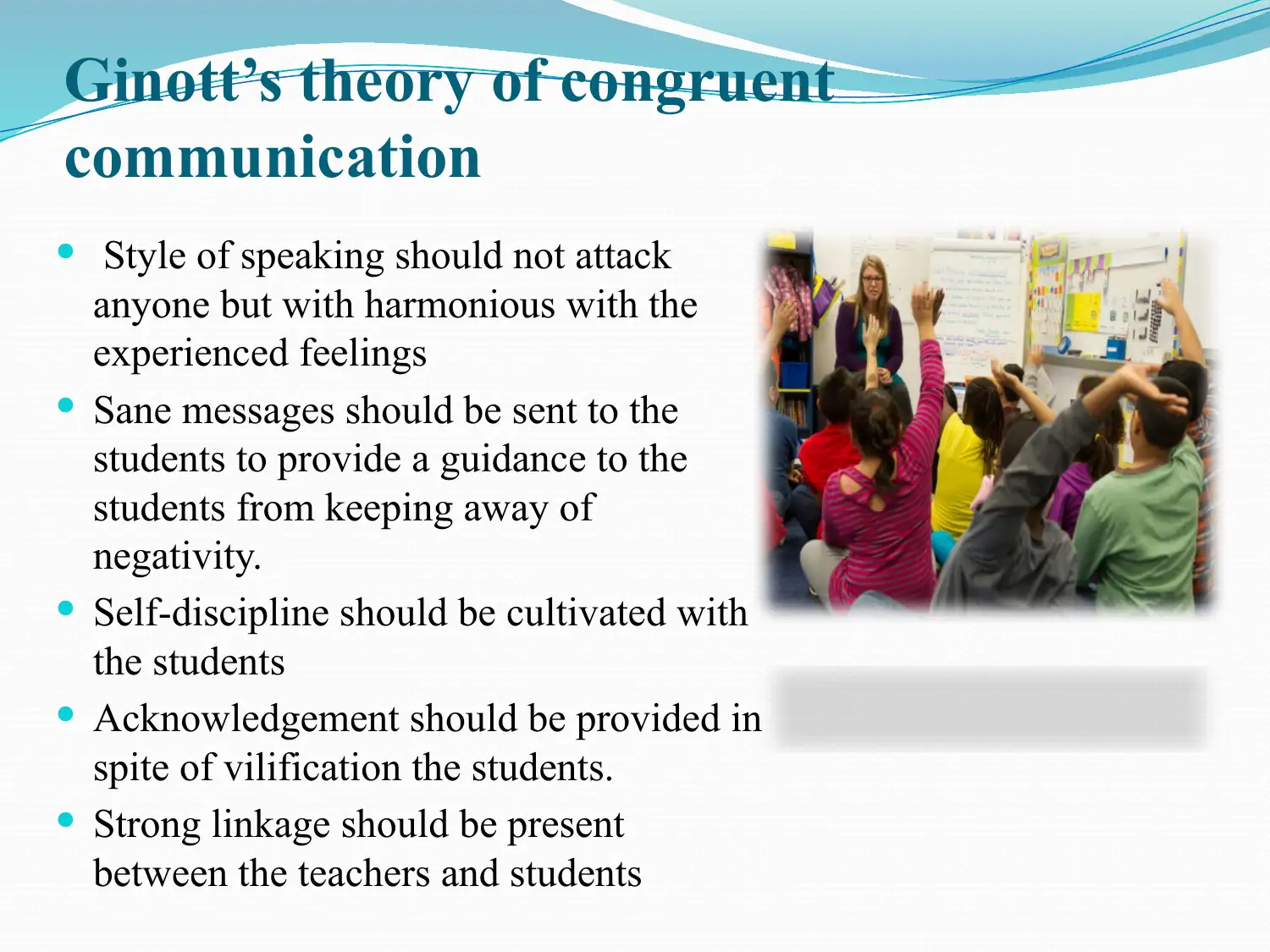
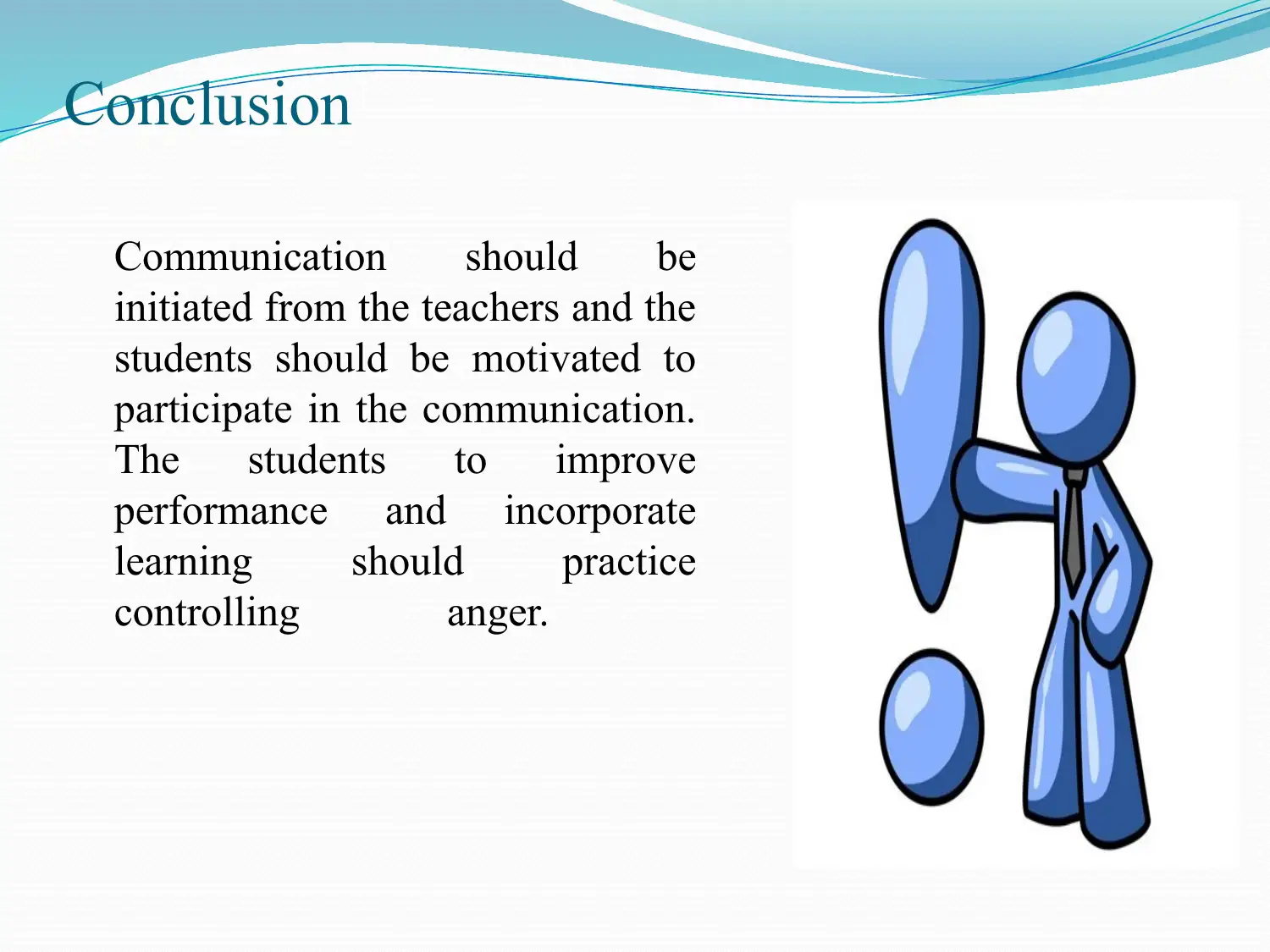
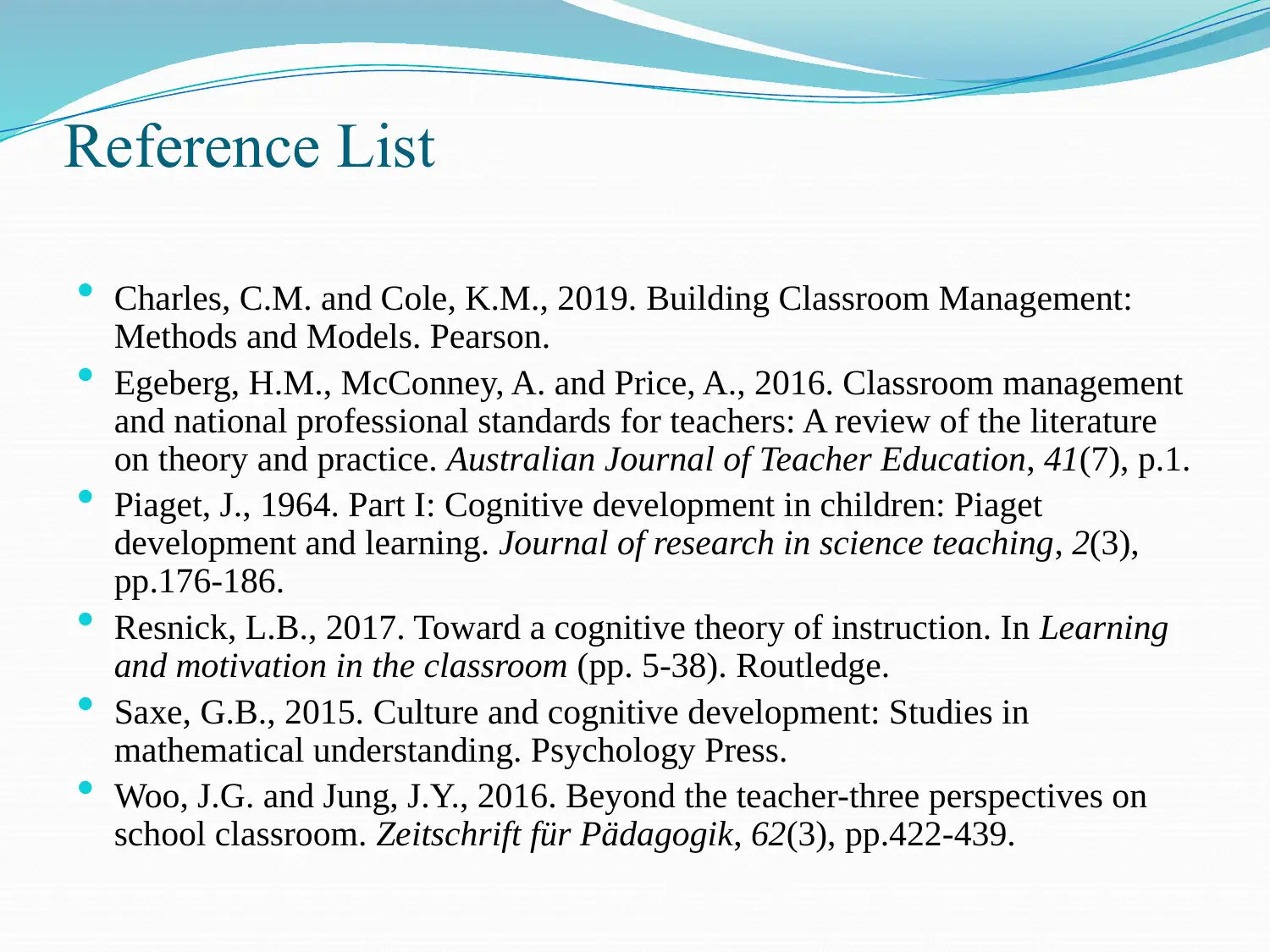







![[object Object]](/_next/static/media/star-bottom.7253800d.svg)